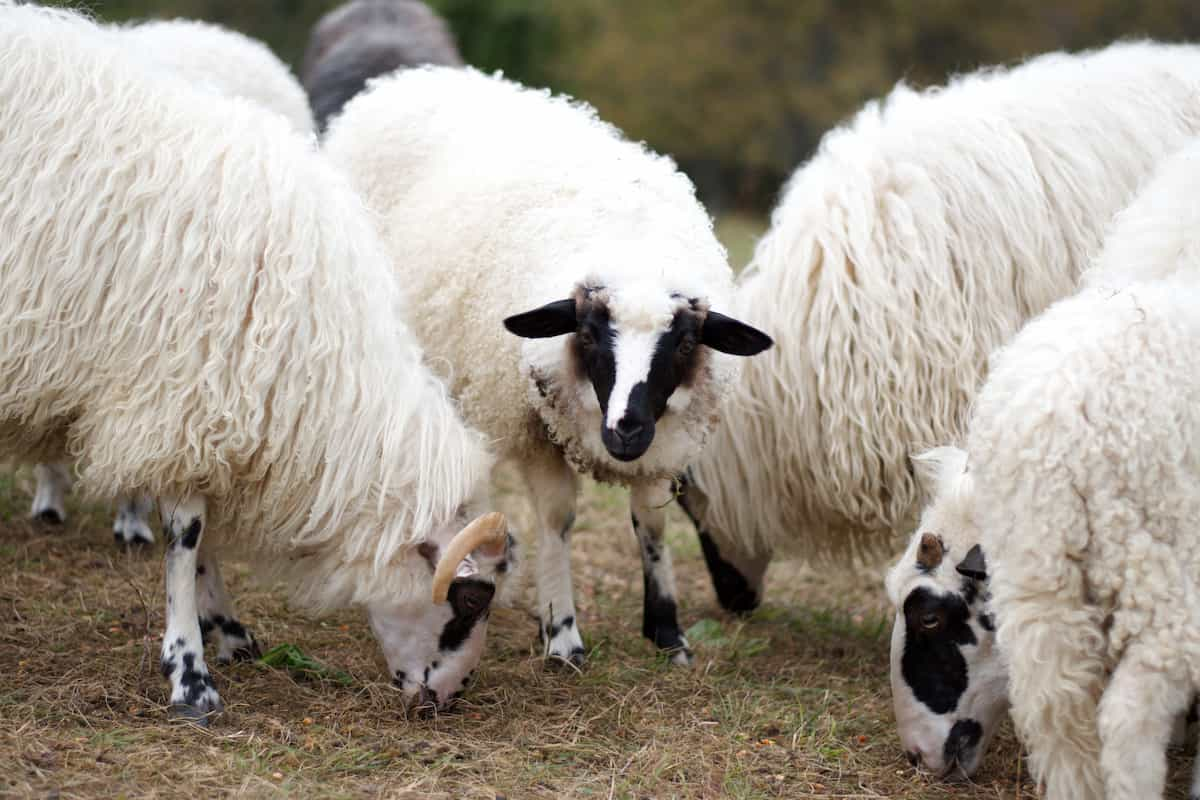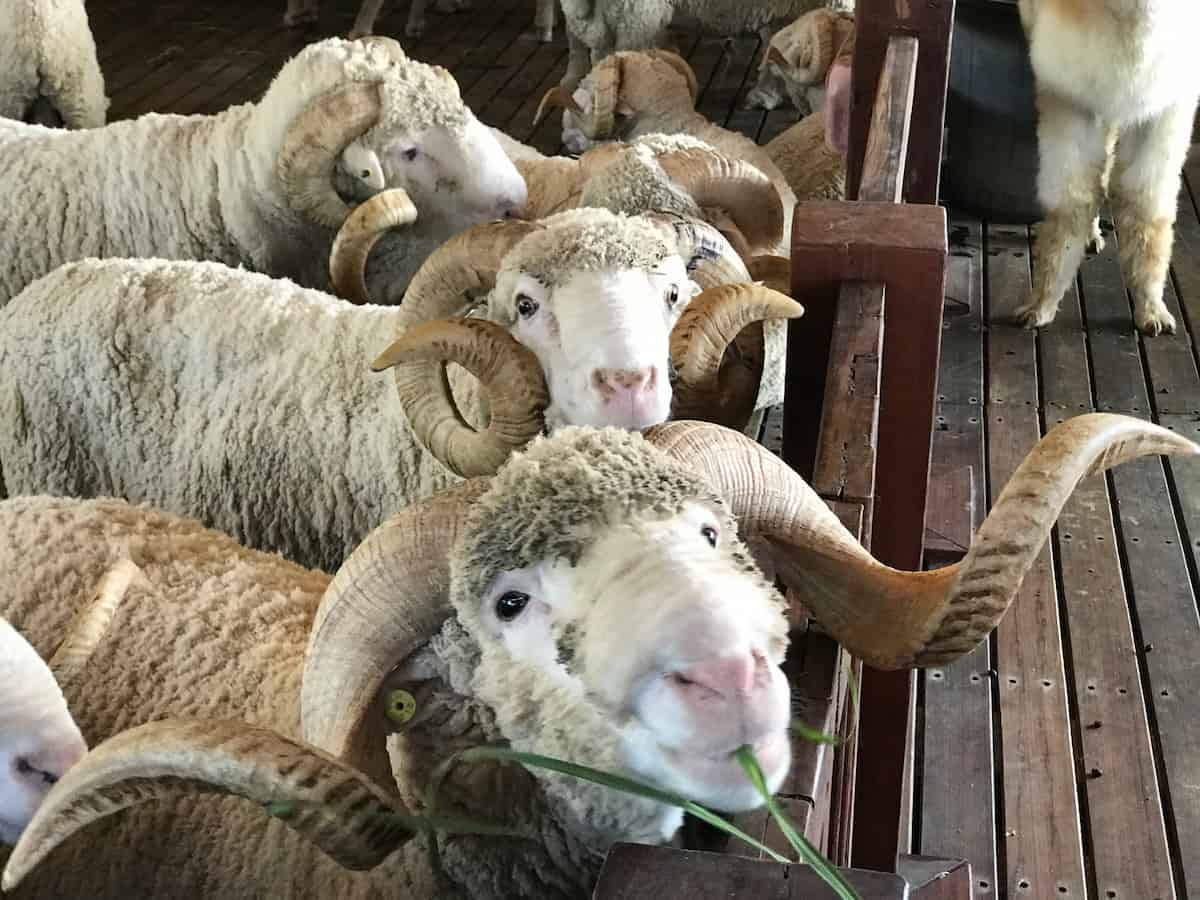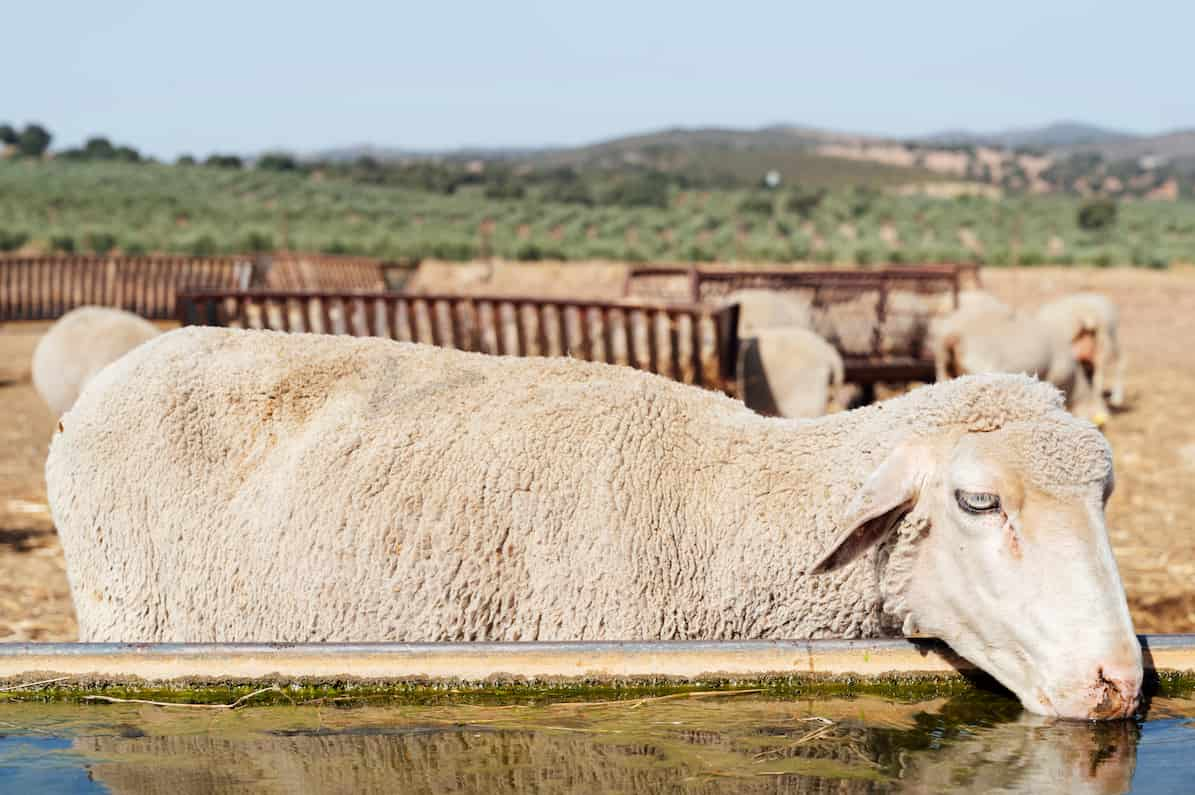Sheep farming is a popular agricultural practice that involves rearing domesticated sheep for their meat, wool, and milk. Sheep farming is a versatile practice that can be carried out in various environments, from large-scale commercial operations to small family farms. The demand for sheep and sheep products such as wool and meat continues to grow, making sheep farming a profitable venture for farmers who invest time, effort, and resources into it.

Sheep/Lamb Farming Success Story
Success Story of Mr. Kiran
Mr. Kiran is a successful sheep farmer from Rajasthan in India. He has been in the business for over 10 years and has seen significant success recently. Mr. Kiran started his sheep farming business with just a few animals, but today he owns more than 200 sheep. Mr. Kiran manages his sheep farm by employing a team of experienced shepherds and assistants who take care of the daily activities of the farm.
He ensures that his sheep are healthy and well-fed and can access clean water and shelter. He also takes care of their vaccination schedule and regularly checks for any signs of diseases. Mr. Kiran has adopted modern breeding techniques to ensure that his sheep are of high quality and can produce good-quality meat. He also records all his sheep, including their age, breed, and medical history, which helps him track their progress and identify potential health issues.
He chose the Jaisalmeri sheep breed for rearing as it has more breeding cycles, and these breed sheep are docile in nature. Mr. Kiran has invested a significant amount of money in his sheep farming business and has seen a good return on his investment. He estimates that the initial cost of setting up the farm was around Rs. 3 lahks, which included the cost of purchasing land, building sheds, and buying the first batch of sheep.
However, over the years, he has reinvested a significant portion of his profits into the business, allowing him to expand the farm and increase his herd. The primary source of income for Mr. Kiran’s sheep farm is the sale of meat. He sells his sheep at the local market, where he can get a good price for his high-quality meat.
On average, Mr. Kiran sells a sheep for around Rs. 9,000. He estimates that he can sell around 50 sheep per month, which results in a monthly income of around Rs. 4.5 lakh. In addition to meat sales, Mr. Kiran also earns income from selling sheep wool, which he can sell at a good price in the local market. He estimates that he can sell around 50 kg of wool per month, which results in an additional income of around Rs. 15,000 per month.
The cost of running a sheep farm can vary depending on several factors, including the size of the farm, the number of animals, and the cost of inputs. Mr. Kiran’s total monthly expenses are around Rs. 50,000. However, he estimates that his monthly income from the sale of meat and wool is around Rs. 3.65 lahks, resulting in a monthly profit of around Rs. 3.15 lakh.
Detailed Care Taken by Mr. Kiran
Mr. Kiran takes great care of his sheep and ensures they are healthy and well-fed. He provides his sheep with a balanced diet that includes a mix of hay, grains, and other supplements to ensure they receive all the necessary nutrients. He also ensures that they have access to clean water at all times.
Mr. Kiran’s farm has a well-designed infrastructure with spacious sheds for the sheep to rest and feed. He also provides adequate ventilation and lighting to maintain a comfortable environment for his animals. He has also installed proper drainage systems to prevent waterlogging and ensure the sheep are clean and hygienic.
In case you missed it: Pig Farming Success Story: Check How this Livestock Farmer Earns Excellent Income

Mr. Kiran has a team of experienced shepherds and assistants who take care of the daily activities of the farm. They monitor the sheep’s health and check for any signs of illness or disease. Mr. Kiran also ensures that his sheep receive timely vaccinations and deworming to prevent the spread of infections.
In addition to regular care, Mr. Kiran takes several other steps to ensure the well-being of his sheep. He ensures that the sheep are kept safe from predators such as wild dogs and wolves by installing sturdy fencing around his farm. He also measures to prevent heat stress during the hot summer by providing shaded areas and sprinklers to cool the animals.
Moreover, Mr. Kiran is very particular about breeding high-quality sheep that produce good-quality meat. He has adopted modern breeding techniques to ensure that his sheep are high quality and can produce good-quality meat. He records all his sheep, including their age, breed, and medical history, which helps him track their progress and identify potential health issues.
Financial Aspects of Mr. Kiran’s Farm
Costs
- Initial investment: Mr. Kiran invested a significant amount of money in setting up his farm, including purchasing land, construction of sheds, fencing, and other infrastructure. This initial investment could have cost him around 50 lakhs to 1 crore rupees.
- Feed: Mr. Kiran feeds his sheep a balanced diet of hay, grains, and other supplements, costing around 30,000 to 40,000 rupees per month.
- Labor: Mr. Kiran has a team of experienced shepherds and assistants to take care of the daily activities of the farm. The cost of labor could be around 25,000 to 30,000 rupees per month.
- Veterinary expenses: Mr. Kiran ensures that his sheep receive timely vaccinations and deworming to prevent the spread of infections. The cost of veterinary expenses could be around 10,000 to 15,000 rupees per month.
- Miscellaneous expenses: Mr. Kiran incurs other expenses such as electricity, water, transportation, and other maintenance costs, which could be around 15,000 to 20,000 rupees per month.
- Total monthly costs for Mr. Kiran’s farm could be around 1 lakh to 1.25 lakh rupees.
Profits
- Mr. Kiran sells his sheep for meat at a selling price of 9000 rupees per sheep. Assuming he sells 50 sheep per month, his total monthly revenue would be 4.5 lakhs rupees.
- Subtracting his monthly costs of 1 lakh to 1.25 lakh rupees, Mr. Kiran’s monthly profits would be around 3.25 lakhs to 3.5 lakhs.
It’s important to note that these financial aspects, costs, and profits are estimates and can vary depending on market demand, feed costs, and other expenses. However, Mr. Kiran’s farm is a successful example of profitable sheep farming, and his efforts have paid off in the form of a steady income and a good reputation in the local market.
In case you missed it: Hydroponic Farming Success Story: Profitable Soilless Cultivation

Conclusion
In conclusion, Mr. Kiran’s success story in sheep farming is a great example of how effective management and careful planning can lead to a profitable business. By investing in high-quality breeding, ensuring proper nutrition and care for his animals, and selling his products at a good price, Mr. Kiran has built a thriving business providing him with a good income and a stable livelihood.
- Feed Your Flock for Less: Top 10 Tips to Save on Chicken Feed
- Ultimate Guide to Ossabaw Island Hog: Breeding, Raising, Diet, and Care
- Hatching Answers: The Top 10 Reasons Your Chickens Aren’t Laying Eggs
- Eggs and Economics: Breaking Down the Cost of Raising Backyard Chickens
- Defend Your Greens: Proven Methods to Keep Iguanas Out of Your Garden
- Ultimate Guide to Cinnamon Queen Chicken: A Comprehensive Guide for Beginners
- Ultimate Guide to California Tan Chicken: Breeding, Raising, Diet, Egg-Production and Care
- Ultimate Guide to Marsh Daisy Chicken: Breeding, Raising, Diet, and Care
- 10 Types of Chicken Farming Businesses You Can Start for Profits